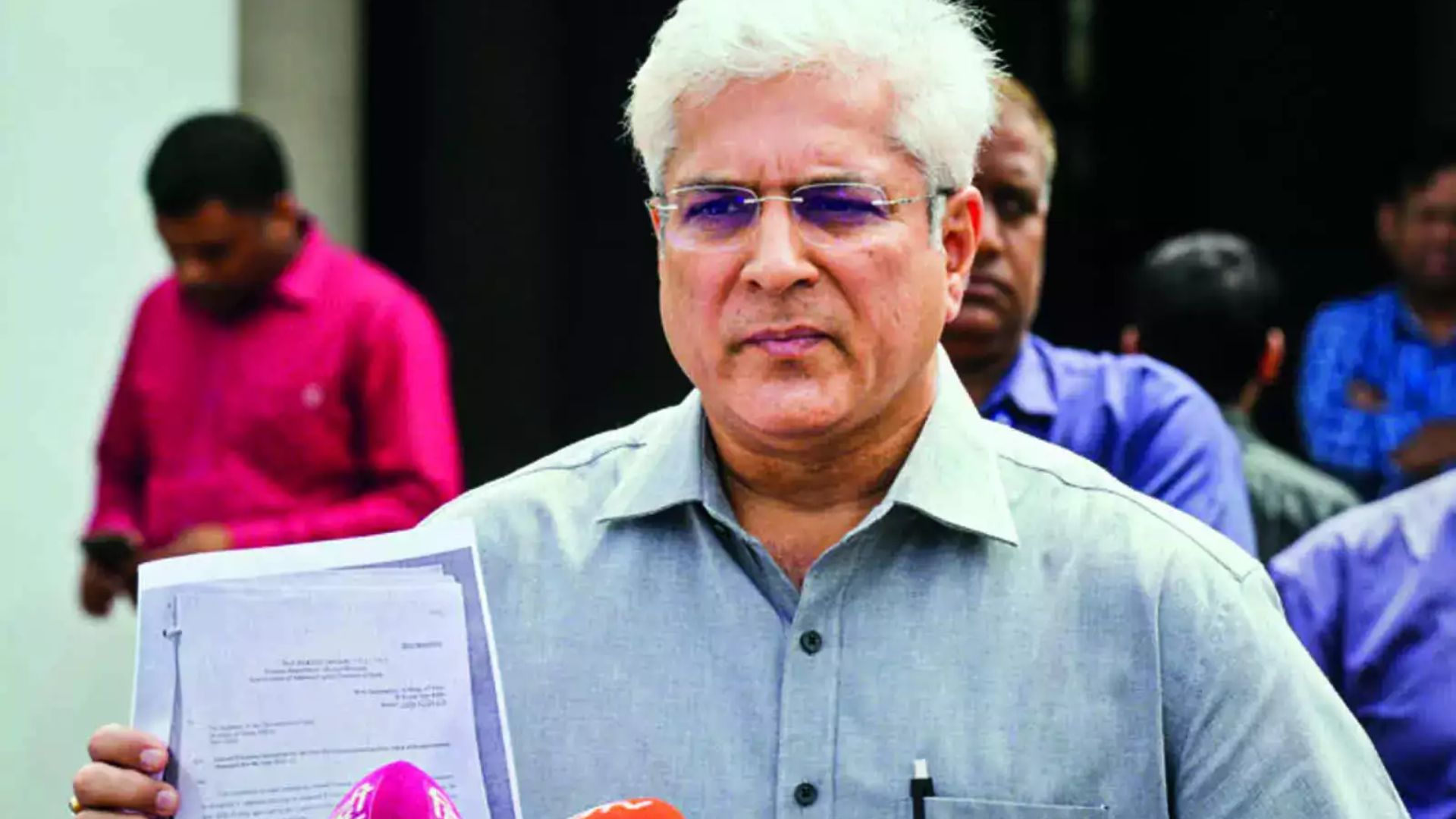Source : PTI | Aiming to promote cleaner transportation, the Delhi government has announced that all CNG-powered Gramin Sewa vehicles registered under the 2010-11 scheme must be replaced with electric vehicles. Launched in 2011, Gramin Sewa is a para-transit scheme under which high-capacity three-wheelers with a seating capacity of six passengers were given permits to ply in rural areas, unauthorised resettlement colonies, and JJ (jhuggi-jhopri) clusters of Delhi.
“It is ordered that the replacement of the existing Gramin Sewa vehicles shall be by electric vehicles, with a maximum seating capacity of six passengers plus a driver, duly approved by MORTH’s (Union Ministry of Road Transport and Highways) authorised testing agency,” a transport department order issued on Wednesday said.
Kailash Gahlot, the transport minister in the outgoing Council of Ministers, said, “The Delhi government is committed to making the city’s public transportation system more sustainable and environmentally friendly.”
By replacing old Gramin Sewa vehicles with electric ones, “we are taking a significant step towards reducing pollution and enhancing the travel experience for commuters simultaneously”, Gahlot added.
Registered owners of Gramin Sewa vehicles are required to apply for replacements through an online, Aadhaar-based process or with an Enrolment ID (EID) if Aadhaar is unavailable.
A no-dues certificate must be obtained within seven days, provided there are no outstanding taxes, challans or criminal records associated with the vehicle.
After obtaining the certificate, the owners need to produce their vehicles for scrapping to any authorised registered scrapping facility within 15 days.
The owners will then be able to purchase a certified electric vehicle from an authorised dealer and its registration will be completed through a faceless process.
“The permit issued to Gramin Sewa will be for the same route and all other related details, with new vehicle registration updated on renewed permit,” the order said.
Officials said there were around 6,000 registered Gramin Sewa autorickshaws. However, many have gone off the roads.
At present, there are around 2,000 to 3,000 such vehicles plying in the rural areas.
Gahlot said the decision aligned with the government’s policy to promote electric vehicles and was expected to significantly contribute to combating pollution and furthering the national capital’s push towards greener mobility.
Chandu Chaurasia, president of the Capital Driver Welfare Association, a union of Gramin Sewa vehicles, welcomed the decision.
“This is a very good step and I, on my behalf and the other drivers, congratulate the minister and the officer of the transport department for it,” Chaurasia said.
He also requested the government for help with the new electric vehicles.
“The government spends so much money on its electric buses; it should help us in the same way by giving us some money in the form of subsidies, and waive off the permit fitness penalty on those who have got their old vehicles scrapped so that people can easily buy new electric vehicles,” he added.











